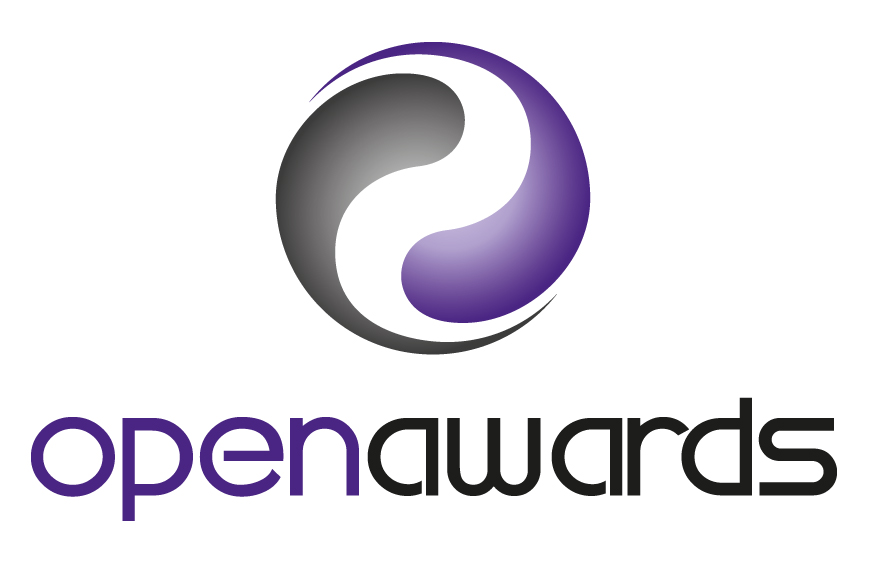Course Overview
Health and social care plays a central role in supporting individuals and communities across all stages of life. This introductory course is designed to help you explore the values, responsibilities, and opportunities within this vital sector.
Whether you're considering a future career or simply interested in learning more about health and social care, this course offers a supportive starting point. You'll develop essential knowledge and practical skills, gain confidence in your abilities, and begin to understand the diverse roles and settings involved in delivering care and support.
With a focus on personal development, communication, and care values, this course encourages reflective learning and helps build a foundation for progression into further study, voluntary roles, or entry-level employment.
By the end of this course, you will be able to:
Understand the key principles, values, and responsibilities that guide work in health and social care settings.
Explore different career paths and opportunities within the health and social care sector.
Develop basic practical skills relevant to caring for individuals in a variety of contexts.
Build confidence in communication, teamwork, and working with others.
Recognise the importance of promoting dignity, respect, and independence in care delivery.
Reflect on your own strengths, interests, and personal goals in relation to health and social care work.
Identify next steps for personal progression, including further learning, volunteering, or entry-level employment.
This qualification is ideal for individuals at the beginning of their learning journey - offering a stepping stone into a meaningful and rewarding field.
What are the Progression Opportunities?
These qualifications have been developed to enable you to progression to further learning and/or employment.
You may choose to progress to further studies, such as:
A qualifications in L2 in Skills for Health Care Professionals
Other vocational qualifications at Level 2
Supported Internships/Voluntary Work/other employment
Course Modules
Please note, all our courses our offer mandatory units, that you will need to complete. With your Course Tutor, you will have a chance to select individual units, which are identified below.
In this unit, you will learn how to find and explore different job and voluntary roles in the health and social care sector, especially in child care. You will search for specific roles, identify the skills and qualities needed for them, and reflect on your own strengths. Finally, you'll learn how to apply for a chosen role, helping you prepare for future opportunities in this field.
You will learn about the essential communication skills required in adult social care, including how to identify and overcome barriers to effective communication. You will explore how to meet individuals’ communication and language needs and understand the various purposes of record keeping. The unit also covers different types of records used in care settings and the skills needed to maintain accurate, clear, and up-to-date documentation.
In this unit, you will learn about the protection and safeguarding of vulnerable adults in health and social care. You will explore key terms such as protection, safeguarding, harm, abuse, and neglect, and learn how to identify signs of abuse and what actions to take when concerns arise. The unit also covers the importance of confidentiality, who is responsible for safeguarding, the role of organisations, and where to find support and information.
In this unit, you will learn about the key responsibilities and roles of an adult social care worker. You will explore the boundaries of professional relationships, understand who care workers may work with, and the importance of reporting concerns about abuse or neglect. You’ll also examine typical daily tasks, how duty of care applies, and how to provide person-centred support in everyday situations.
In this unit, you will explore the key skills and attitudes needed to work in adult social care. You will learn to identify which of these you already possess and reflect on the areas where you may need further development to succeed in the role.
In this unit, you will learn about the key stages of human growth and development across the life span. You will explore the different types of development—physical, intellectual, emotional, and social—and identify the factors and life events that can influence them. Additionally, you will examine how ageing affects individuals in later life.
In this unit, you will explore the importance of recognising individuals with learning disabilities as people first and understand how to apply a person-centred approach in your work. You will learn what a learning disability is, identify its main causes, and examine how effective communication can positively impact individuals with learning disabilities. The unit also covers the importance of using appropriate language and explores different methods of communication to support those who have difficulty with spoken language.
In this unit, you will learn about the importance of recognising individuals with mental health problems as people first and using a person-centred approach in your work. You will explore the main factors that can affect mental health, identify different types of mental health problems, and understand how effective communication—including active listening—can positively impact the lives of those experiencing mental health challenges.
This unit introduces learners to the key principles of supporting individuals with physical disabilities, focusing on the importance of a person-centred approach that values the individual beyond their disability. Learners explore common causes of physical disability and the impact it can have on daily life. The unit also addresses the barriers individuals may face, including discriminatory attitudes, and highlights strategies to promote inclusion, independence, and personal control over care.
This unit, Introduction to Sensory Loss, explores the importance of adopting a person-centred approach when working with individuals experiencing sensory loss, recognising and valuing them as individuals first. Learners will gain knowledge of how to support people with sensory impairments in a way that respects their rights, preferences, and dignity. The unit also covers the main causes of sensory loss and the various factors that must be considered when communicating with those affected, including people with sight loss, hearing loss, and deafblindness. Emphasis is placed on the benefits of effective communication and how accessible information can significantly improve the quality of life for individuals with sensory loss.
This unit provides learners with an introductory understanding of the importance of equality and inclusion within health and social care settings. It explores key definitions and explains how these concepts underpin the core principles and values of the sector. Learners will identify and give examples of discriminatory attitudes and behaviours, examining how these can negatively impact individuals. The unit also highlights various social and physical barriers that can prevent equality and inclusion, offering strategies to overcome them. Finally, learners will explore positive behaviours that promote inclusive practice, supporting fair and equal treatment for all individuals in health and social care environments.


